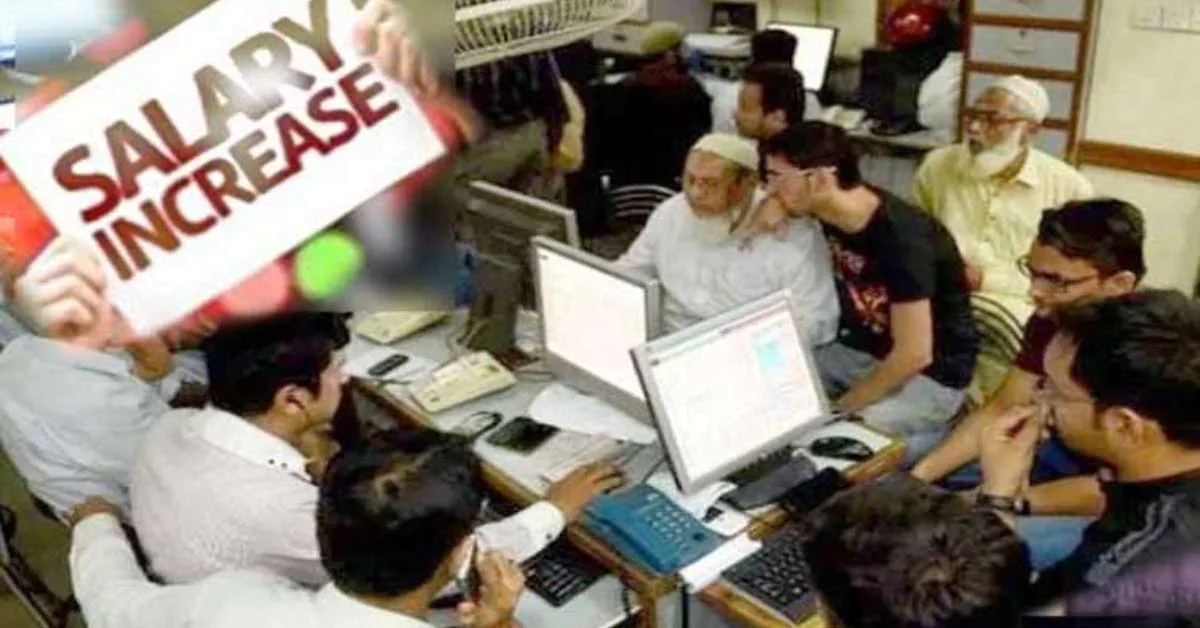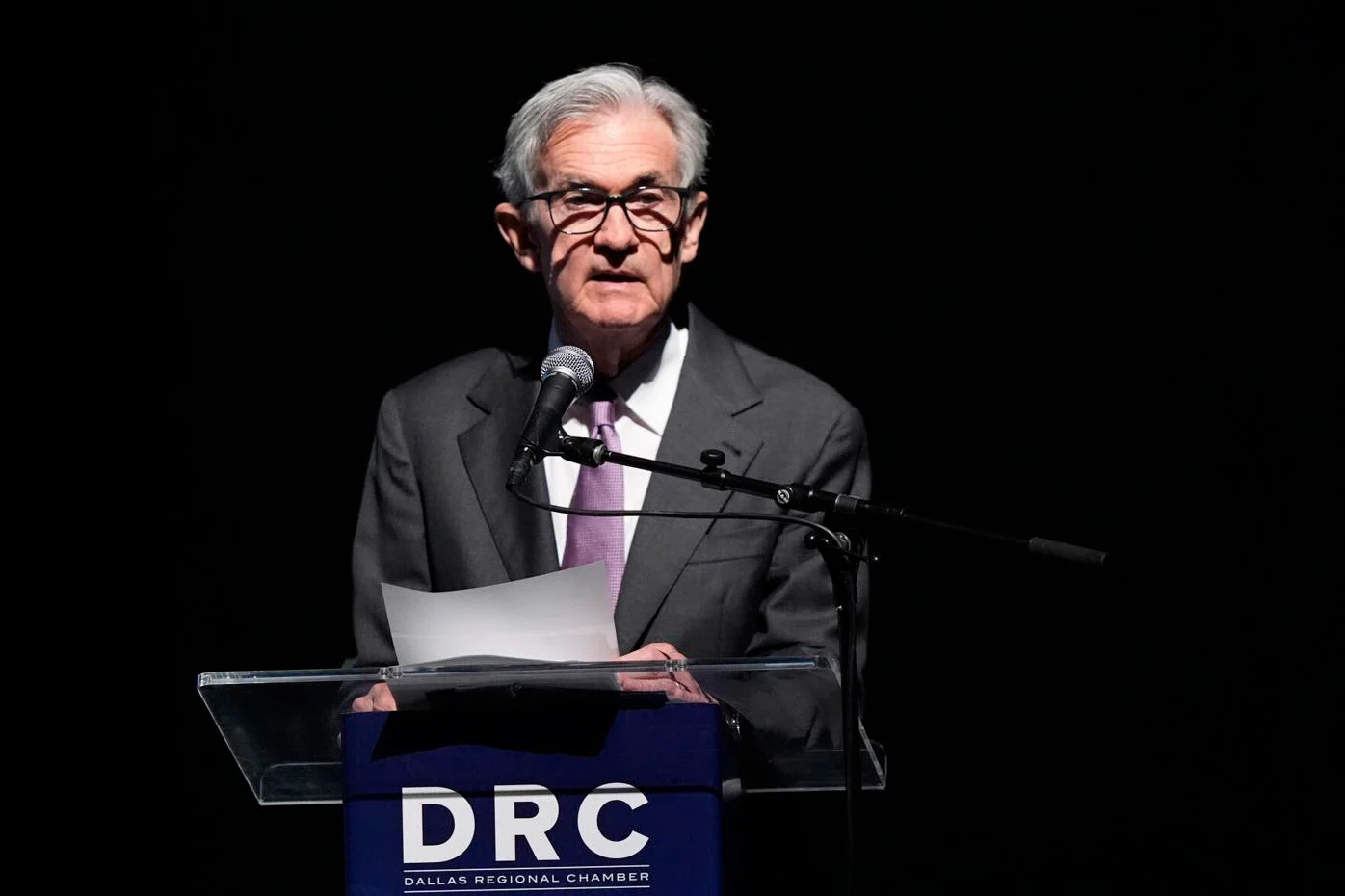Amid the persistent impact of inflation, the government is anticipated to propose a 10 to 15 percent wage increase in the upcoming fiscal year’s budget, set to be presented today (Wednesday). However, the joy might be tempered by the significant reduction in purchasing power due to rupee devaluation.
The salaried class, particularly those with lower incomes, can expect some relief. The government is likely to raise the minimum taxable income threshold from Rs600,000 to Rs900,000 per year. This change will provide income tax exemption to more individuals within the lower income brackets, though tax rates for higher income brackets may increase.
Previously, there were reports that the federal government was considering various proposals to increase the pay of civil servants. This decision, while increasing expenditure during a financial crunch, is seen as necessary to counteract the effects of inflation, which has severely diminished purchasing power.
Additionally, sources from the finance ministry suggest a possible revision of the monetisation policy, converting benefits enjoyed by public servants into cash payments.
Despite a steady decline in annual inflation since January, with the consumer price index (CPI) for May falling to a 30-month low of 11.8 percent, the expected measures in the budget may still be seen as inadequate by some. The budget presentation was initially scheduled for June 8 but was postponed due to Prime Minister Shehbaz Sharif’s visit to China.
The delay means the budget is being presented after the central bank’s Monetary Policy Committee (MPC) reduced interest rates by 1.5 percent, lowering them from a record high of 22 percent to 20.5 percent.
Separate summaries suggest different wage hike proposals: a 15 to 20 percent increase for government servants in BPS-1 to BPS-16, or a uniform 10 percent raise for all grades from BPS-1 to BPS-22. The latter would raise the government’s pay bill by Rs80 billion for 2024-25.
Regarding the monetisation policy, the proposed increases include:
- For BPS-1 to BPS-16: from Rs40,000 to Rs60,000 per month.
- For BPS-17 to BPS-20: from Rs65,000 to Rs105,000 per month.
- For BPS-21: from Rs75,000 to Rs110,000 per month.
- For BPS-22: from Rs95,000 to Rs155,000 per month.
Additionally, a 200 percent increase in conveyance and medical allowances is proposed:
- For BPS-1 to BPS-16: conveyance allowance from Rs1,800 to Rs3,600 and medical allowance from Rs1,500 to Rs4,500.
- For BPS-17 and BPS-18: conveyance allowance from Rs5,000 to Rs10,000.
The proposals also include maintaining the disparity allowance, which aims to reduce the pay gap between federal and provincial public servants. This would continue providing the 25 percent and 15 percent disparity allowances extended in 2021 and 2022 to BPS-1 to BPS-16 government servants.
Government Expected to Announce Wage Hike and Tax Relief in New Budget
Amid the persistent impact of inflation, the government is anticipated to propose a 10 to 15 percent wage increase in the upcoming fiscal year’s budget, set to be presented today (Wednesday). However, the joy might be tempered by the significant reduction in purchasing power due to rupee devaluation.
The salaried class, particularly those with lower incomes, can expect some relief. The government is likely to raise the minimum taxable income threshold from Rs600,000 to Rs900,000 per year. This change will provide income tax exemption to more individuals within the lower income brackets, though tax rates for higher income brackets may increase.
Previously, there were reports that the federal government was considering various proposals to increase the pay of civil servants. This decision, while increasing expenditure during a financial crunch, is seen as necessary to counteract the effects of inflation, which has severely diminished purchasing power.
Additionally, sources from the finance ministry suggest a possible revision of the monetisation policy, converting benefits enjoyed by public servants into cash payments.
Despite a steady decline in annual inflation since January, with the consumer price index (CPI) for May falling to a 30-month low of 11.8 percent, the expected measures in the budget may still be seen as inadequate by some. The budget presentation was initially scheduled for June 8 but was postponed due to Prime Minister Shehbaz Sharif’s visit to China.
The delay means the budget is being presented after the central bank’s Monetary Policy Committee (MPC) reduced interest rates by 1.5 percent, lowering them from a record high of 22 percent to 20.5 percent.
Separate summaries suggest different wage hike proposals: a 15 to 20 percent increase for government servants in BPS-1 to BPS-16, or a uniform 10 percent raise for all grades from BPS-1 to BPS-22. The latter would raise the government’s pay bill by Rs80 billion for 2024-25.
Regarding the monetisation policy, the proposed increases include:
- For BPS-1 to BPS-16: from Rs40,000 to Rs60,000 per month.
- For BPS-17 to BPS-20: from Rs65,000 to Rs105,000 per month.
- For BPS-21: from Rs75,000 to Rs110,000 per month.
- For BPS-22: from Rs95,000 to Rs155,000 per month.
Additionally, a 200 percent increase in conveyance and medical allowances is proposed:
- For BPS-1 to BPS-16: conveyance allowance from Rs1,800 to Rs3,600 and medical allowance from Rs1,500 to Rs4,500.
- For BPS-17 and BPS-18: conveyance allowance from Rs5,000 to Rs10,000.
The proposals also include maintaining the disparity allowance, which aims to reduce the pay gap between federal and provincial public servants. This would continue providing the 25 percent and 15 percent disparity allowances extended in 2021 and 2022 to BPS-1 to BPS-16 government servants.



